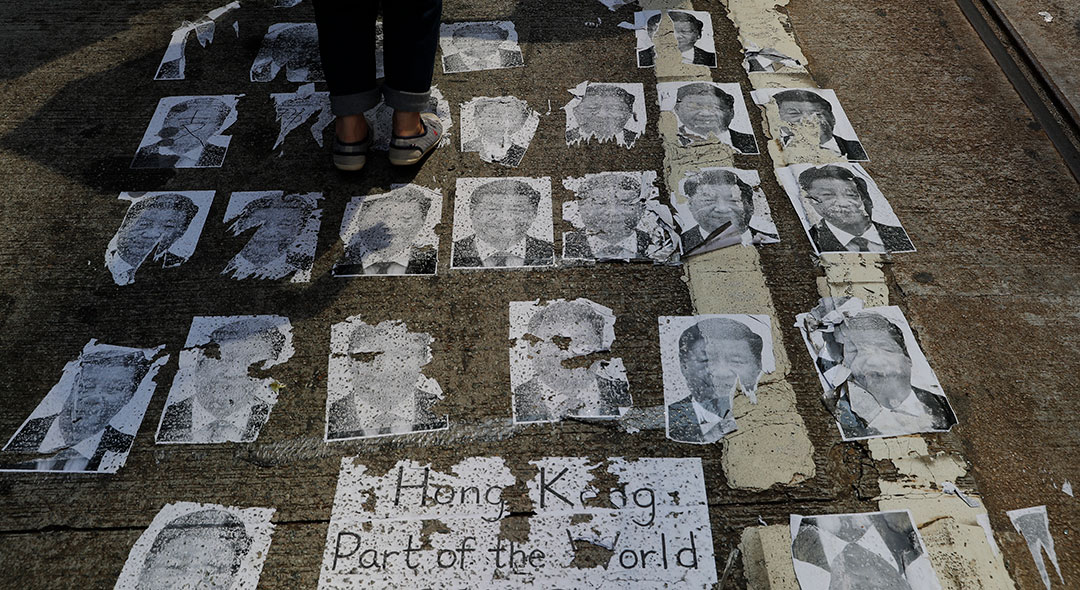CCP’s increase in coercive influence activities fuels backlash, report finds

Top Stories | Feb 15, 2020:
FORUM Staff
Nations are growing increasingly wary of the Chinese Communist Party’s (CCP’s) expansion of its media influence outside its borders through global censorship, propaganda and control over content-delivery systems, according to a new report by the Washington, D.C.-based think tank Freedom House.
Although the CCP’s stepped-up influence campaign has only marginally improved the People’s Republic of China’s (PRC’s) image in targeted regions, the party’s efforts under Xi Jinping have “fueled a backlash, as journalists, policymakers, technology firms, and civil society organizations around the world launch their own initiatives to increase transparency, diversify funding sources, and protect press freedom,” according to the report, “Beijing’s Global Megaphone: The Expansion of Chinese Communist Party Media Influence since 2017.”
The CCP has historically controlled media in China, but now the party’s intensified efforts to export the PRC’s propaganda in increasingly coercive ways is drawing concern, said the report, released in January 2020 and written by Sarah Cook, senior research analyst for China, Hong Kong, and Taiwan and director of the China Media Bulletin at Freedom House.
“The past three years have featured the emergence of new tactics, including Russian-style disinformation campaigns on global social media, harassment of local mainstream media, politicized content manipulation on Chinese-owned platforms, and more explicit efforts to present China as a model for other countries,” the report said.
The CCP combines “widely accepted forms of public diplomacy with more covert, corrupt and coercive activities that undermine democratic norms, reduce national sovereignty, weaken the financial sustainability of independent media, and violate the laws of some countries,” the report said. (Pictured: Anti-government protesters walk on photographs of Chinese President Xi Jinping at Causeway Bay on October 1, 2019, in Hong Kong.)
The CCP’s increasingly coercive media influence tactics have only worked to a limited extent outside China, yet they are drawing a backlash from democratic nations, according to the report. Governments and civil society actors outside China have become increasingly concerned as the CCP and its international affiliates seek to gain increasing control over the information infrastructure in developing countries, in particular.
“The CCP and its proxies have demonstrated no qualms in deploying economic leverage to neutralize and suppress critical reporting—not only on events within China, but also on China’s engagement abroad,” the report found. Moreover, the CCP has indicated its willingness to employ propaganda and disinformation campaigns in democratic elections, the report found.
As a result, an increasing number of countries are developing ways to safeguard media freedom from the CCP by increasing transparency, restricting cross-ownership of media outlets and punishing coercive and corrupt activities by CCP officials.
The report offers key recommendations for policymakers in democratic nations to strengthen their efforts to counter CCP campaigns. The measures include holding parliamentary hearings to better understand the scope, nature and impact of politicized censorship and surveillance on such platforms as Tencent’s WeChat, ByteDance’s TikTok and Chinese-made phone browsers; devising ways to protects users’ rights to free expression and privacy; enforcing established broadcasting rules to stop abusive practices by Chinese state media and affiliated companies; and supporting exile and diaspora outlets and other Chinese-language media to prevent their marginalization by CCP pressures.
“Such action may require considerable political will, as certain measures designed to uphold media freedom and fair competition in the long term will be opposed by Beijing and could hinder Chinese investment in the short term,” the report said.
“But it is increasingly clear that allowing the authoritarian dimensions of CCP media influence campaigns to expand unchecked carries its own costs.”




